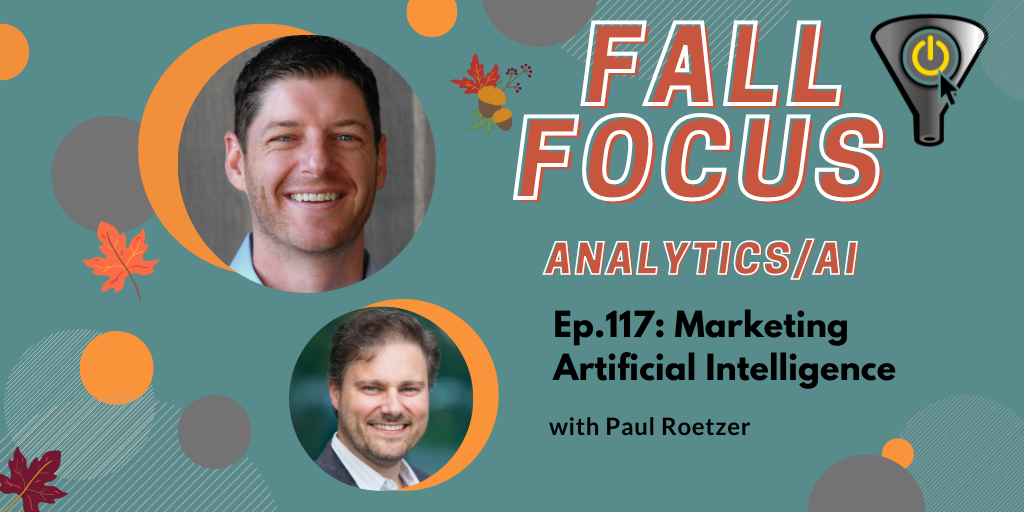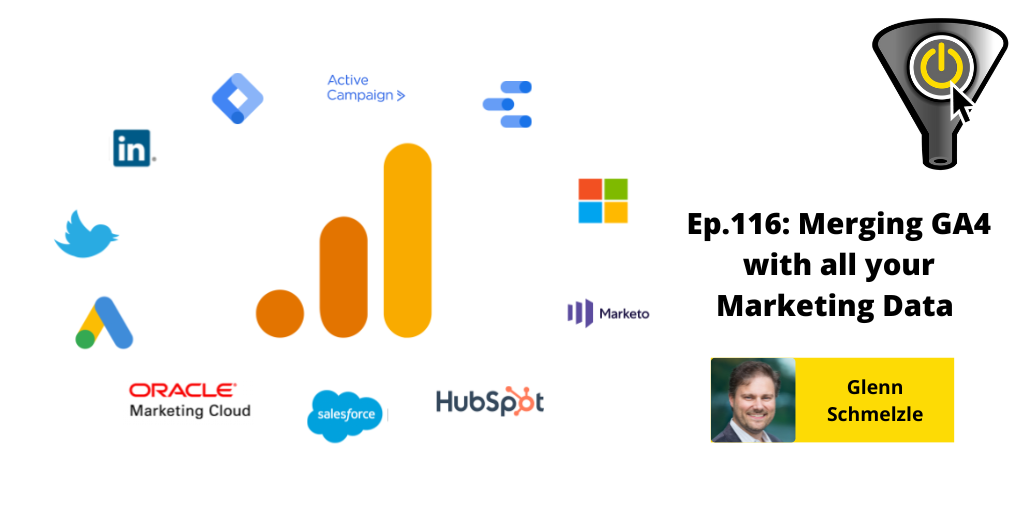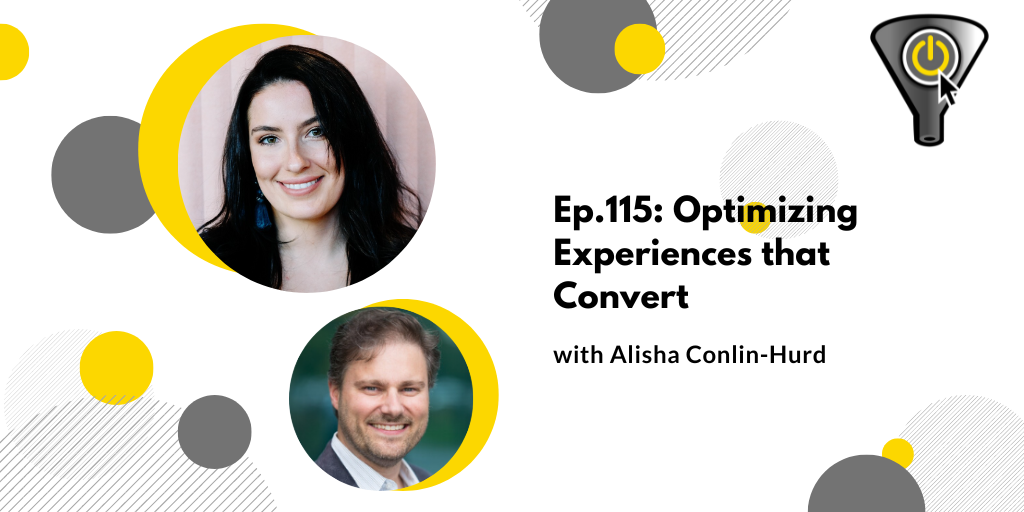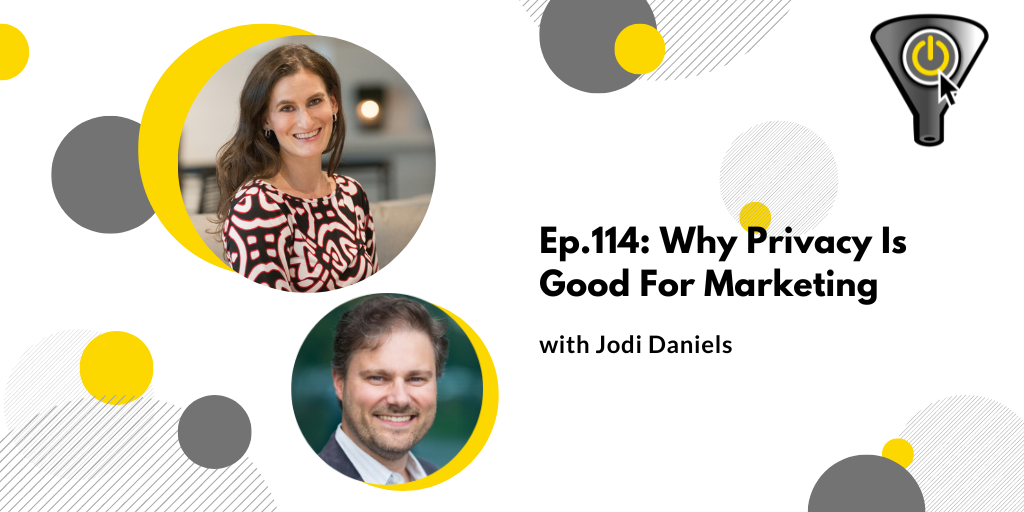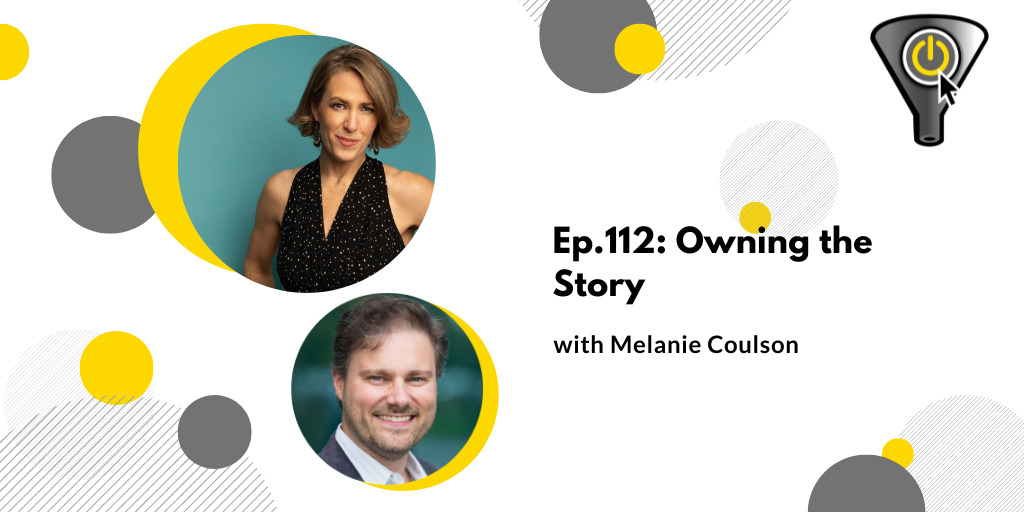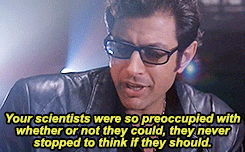As Google’s Chief Analytics Evangelist, Kevin Hartman is responsible for leading the design, implementation, and evolution of programs and approaches that help businesses around the world realize the opportunities presented by data.
Kevin has a proven track record of building large, global, high-functioning analytics organizations from scratch and deep experience in leading large profit & loss centers and cross-functional teams, identifying business opportunities, and creating effective marketing programs. He has also written “Digital Marketing Analytics: In Theory And In Practice” which is now in its second edition.
Kevin’s decades of work in the digital analytics space, with most of that time spent leading large analytics teams at a major global advertising agency and Google. He has taught analytics for nearly 10 years at Universities near to his home, such as The University of Chicago, The University of Notre Dame, and The University of Illinois.
People/Products/Concepts Mentioned in Show
- Kevin’s Book’s site
- Information is Beautiful – David McCandless
- Boston Consulting Group
- Scott Berinato
- Dona Wong
- Tidy Data providers: trifacta.com and Openrefine.Org
- Eric Peterson‘s Analytics Pyramid:
Episode Reboot:
look into Kevin’s course on ELVTR



